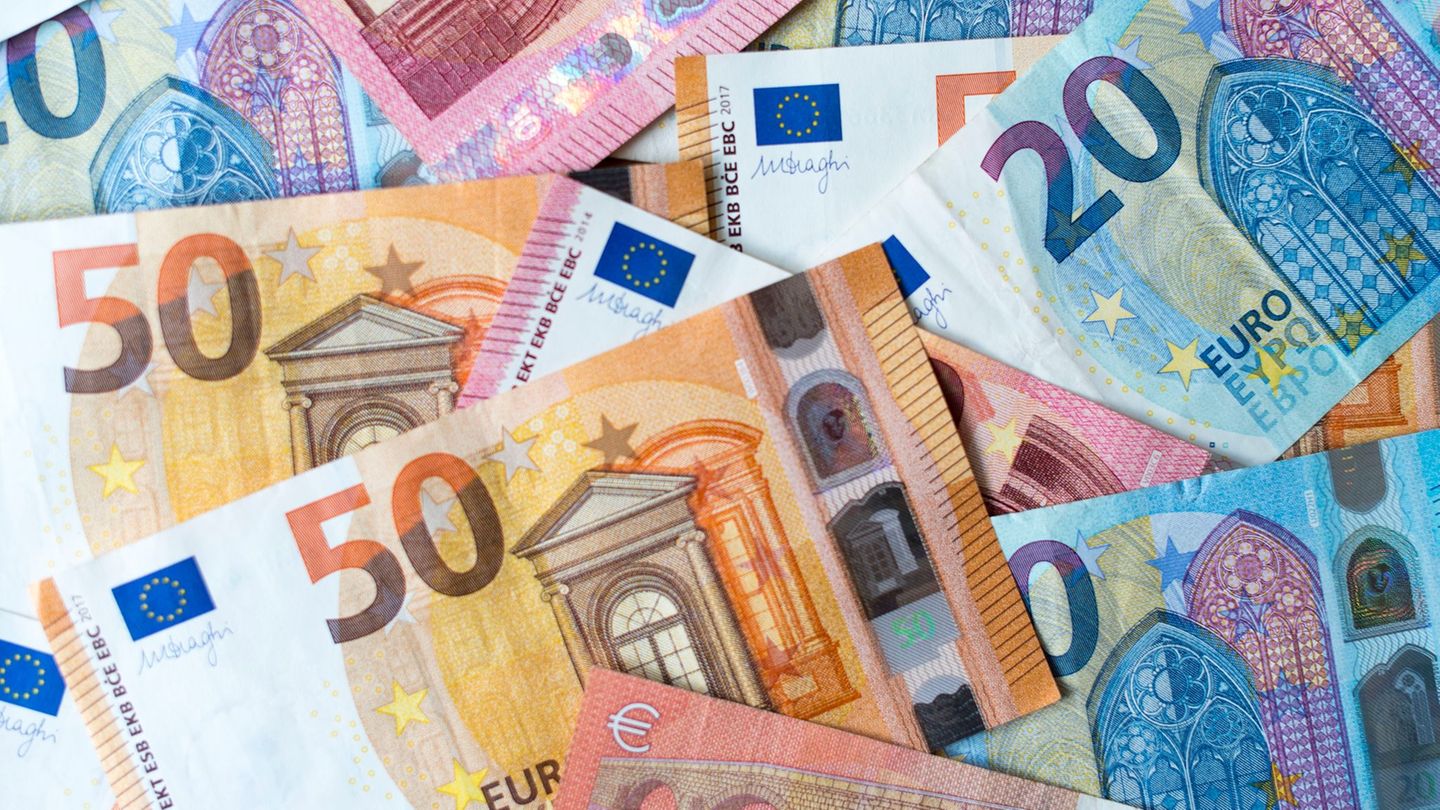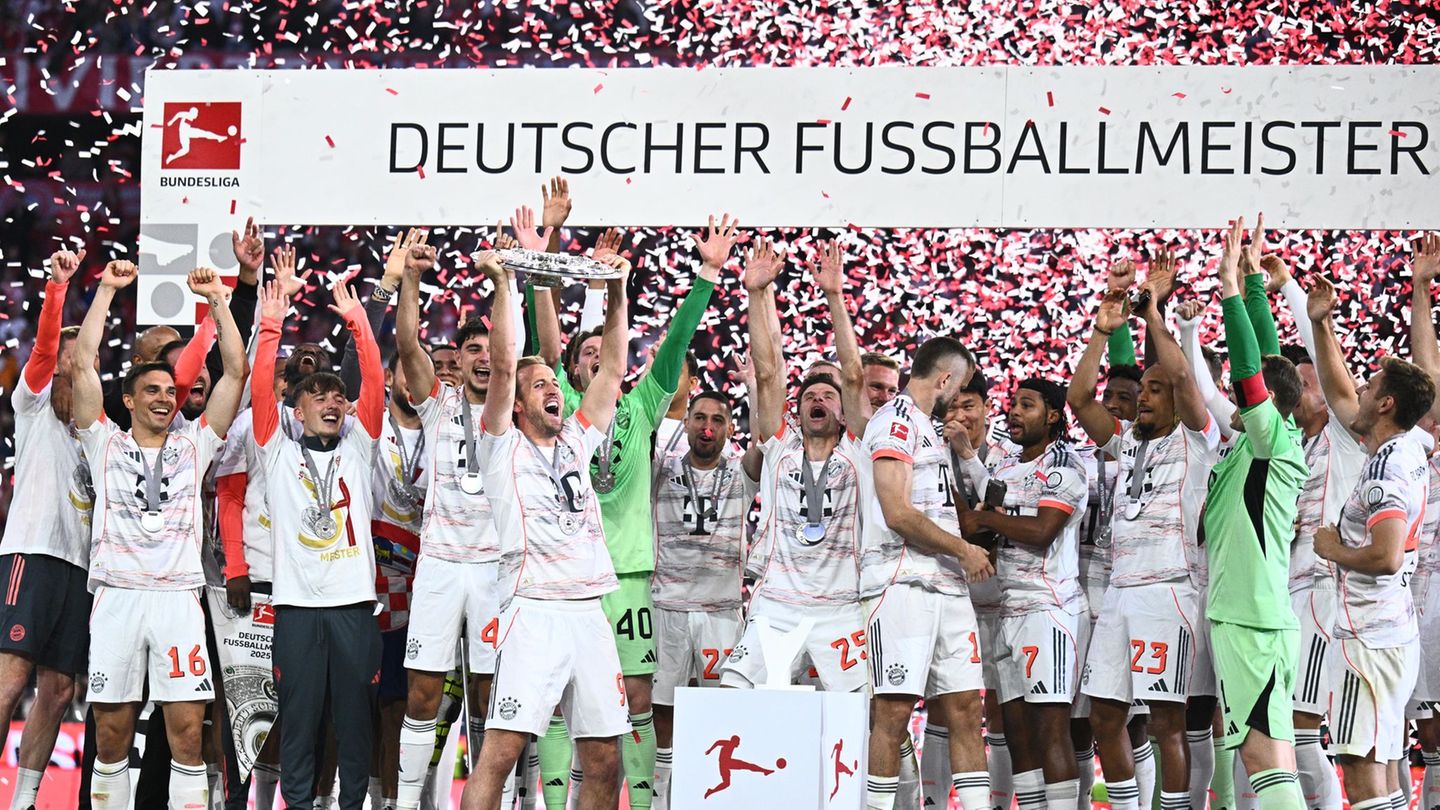Household
The budgets: debts, investments – and gaps
Copy the current link
Add to the memorial list
The budget week begins in the Bundestag. It’s about a lot of money – and many new debts.
Billions of investments, billion dollars-but also billions of financial gaps: Federal Finance Minister Lars Klingbeil (SPD) brings the 2025 draft draft today to the Bundestag by 2029. There should be a controversial debate. The government is particularly controversial to reduce electricity tax in the coming year as announced. In addition, with a view to the billions of special funds for additional investments in infrastructure and climate protection, the green blasting is used to do budget tricks.
Corner points of the household 2025
Klingbeil is planning expenses of 503 billion euros this year – 6.1 percent more than in the previous year. 81.8 billion euros are to be financed in the core budget from credit – more than twice as much as last year. In addition, there are more than 60 billion euros from debt -financed special pots. The largest chunk in the core budget expenses is the budget of the Ministry of Labor and Social Affairs with more than 190 billion euros, from this, for example, grants for pension insurance and expenses for citizen benefit.
The traffic light government of the SPD, Greens and FDP had failed primarily because of a dispute around the household. That is why a so -called preliminary housekeeping has been in effect since January. Citizens’ allowance, pension or child benefit as well as funding from existing programs will continue to be paid. However, new projects cannot be initiated easily. The budget 2025 is to be decided by the Bundestag in mid -September
The Ministry of Finance speaks of record investments of more than 115 billion euros this year. The funds for this come from the core budget, from the special fund and from the climate and transformation fund, from which projects such as heating funding are financed. Compared to 2024, investments increase by 55 percent according to the ministry.
Investments are to be made, for example, in the Bundeswehr, the renovation of railway lines and bridges, in schools, daycare centers and hospitals, social housing or digitization. Overall, the special fund – a special pot financed – enables additional expenses of 500 billion euros over a period of 12 years. Of these, 100 billion euros go to the countries and 100 billion euros in the climate and transformation funds.
The Ministry of Finance explains that an investment rate of more than 10 percent in the core budget. The federal government also invests, as agreed in the Bundestag – that applies to 2025 and the following years. Above all, the Greens speak of a “shift station”. Her criticism: The government postpone investments from the core budget to other pots in order to finance election promises such as the expansion of the mother’s pension or tax relief for gastronomy.
Financial planning with household holes
The further consolidation of the budget has a high priority, according to the Ministry of Finance. Savings of personnel and a reduction in administrative expenditure are mentioned. At the same time, state income should be strengthened, the fight against undeclared work and tax fraud should be intensified.
The loosening of the debt brake for defense spending brings significant relief in financial planning. Financial holes are still increasing billions of billions, especially for the years from 2027. Due to the long -term growth weakness, the tax revenues do not bubble as much as expected. In addition, there should be a significantly growing need for billions in grants in social security. In addition, loans have to be repaid – such as those that the federal government recorded in corona pandemic. The “Handelsblatt” reported a household hole of 144 billion euros in the years 2027 to 2029.
The Federal Government has decided to refer to tight cash registers in the core budget that electricity tax should not be reduced for all companies and private households, but for the manufacturing trade – there is broad criticism. In the coalition agreement, the CDU, CSU and SPD have announced a electricity tax reduction for everyone – however, all measures of the contract are subject to financing reservation. The government points out that from 2026 the network charges decrease as part of the electricity price and the gas storage levy for gas customers should be abolished.
The electricity tax reduction for everyone should come if there are financial scope for this – but exactly when this is is open. CSU boss Markus Söder calls the date January 1, 2027, but in a paper on a top meeting of the coalition was not mentioned. In addition to the electricity tax reduction for all other reliefs, the coalition agreement is announced – such as reducing income tax for small and medium -sized incomes. But that also costs billions.
dpa
Source: Stern
I have been working in the news industry for over 6 years, first as a reporter and now as an editor. I have covered politics extensively, and my work has appeared in major newspapers and online news outlets around the world. In addition to my writing, I also contribute regularly to 24 Hours World.




